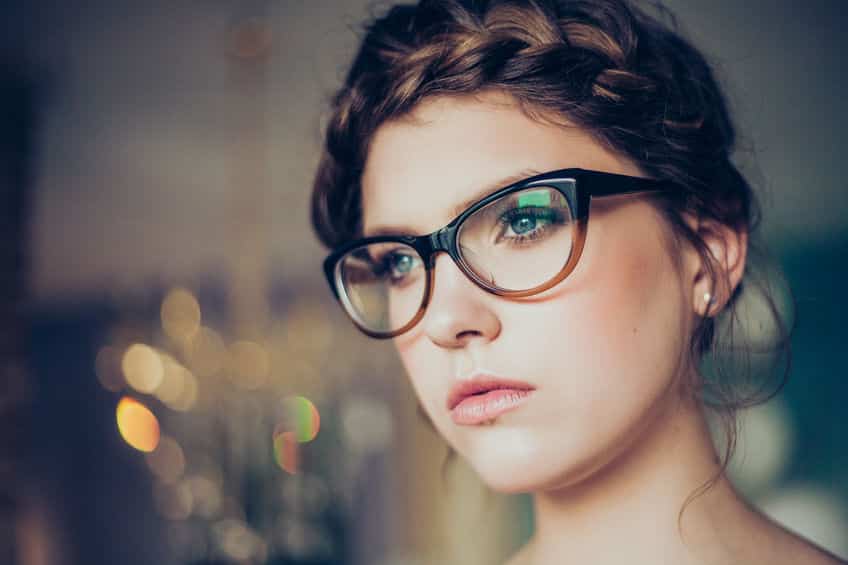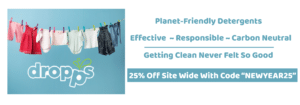By Sean Zucker –
Everyone’s been there. Eyes are dried out and the mind is tried because there’s been just too much time spent looking at a phone, television or computer. This double whammy is more prevalent now with all the time people are spending indoors. So, maybe it’s about time to buy a pair of those uber popular shiny new blue light blocking glasses. Then again, maybe not.
Even before the pandemic left many stuck at home with little to do but stare at their respective screens, blue light blocking glasses were hot, thanks in part to frenetic marketing support. The message was clear and embraced by many concerned with the possible physical dangers the digital age presented. Unfortunately, these fashionable specs might not deliver the goods they promise.
Leading manufacturer of blue light blocking glasses JINS claims its product aims to reduce eye strain and any potential harm that comes from exposure to the excessive amounts of UV light and blue light that’s given off by many of the most popular digital devices.
JINS laid out blue light’s equation on its product site. “Blue light on the visible light spectrum is shorter in wavelength (380 – 500 nanometers), having the highest energy of all visible light. It’s found in sunlight and necessary for keeping us energized and awake, also regulating our circadian rhythm. The issue arises though when blue light comes from artificial sources in large unwanted quantities,”
The company elaborated on the potential dangers—and the need for blue light glasses—by reporting: “Digital devices that emit the highest amounts of blue light can be on your laptop, computer, smartphone, or eReader like a kindle, exposing the delicate tissues of the eyes. Blue light reaches deep into the back of the eye (further than UV rays), which over time can cause damage to the retina — an important part of the eye that enables vision. The naked eye’s cornea and lens are unable to block this harmful light, which is where blue light glasses become very convenient.”
There’s little doubt that Americans spend a lot of time in front of various screens. Forbes, in fact, recently cited a Nielsen consumer study that reported the average American now consumes five times more information than they did 50 years ago. This translated into Americans spending as much as 12 hours a day in front of TVs and computers.
It is little wonder then that brands offering blue light blocking glasses continue to pop up, promising to soothe tired eyes of millions. Whether its promise is helping anyone’s eyes is debatable, but the pitch is certainly doing wonders for the related market. MarketWatch notes that the blue light blocking glasses market is currently valued at $22 million and is expected to reach $38 million by the end of 2026, which would result in a compound annual growth rate (CAGR) of 8 percent from 2021 to 2026.
While investors may be smiling, there is reason for concern regarding consumers’ perspectives. The American Academy Of Ophthalmology (AAO) insists blue light blocking eyewear is unnecessary and ineffective. The organization maintains blue light created from digital devices does not lead to eye disease or eye strain. The AAO has gone further by recommending against any form of special eyewear for computer users.
Regulators to date offer little guidance or helps on the matter. The U.S. Food & Drug Administration (FDA), for example, does not regulate blue light eyewear because it is generally not marketed as a medical device.
The Centre for Applied Vision Research at London’s City University, however, has tried to bring clarity to the issue via a recent study. With assistance from The University of Melbourne in Australia, researchers recruited adults for controlled trials to investigate the effect of BB spectacles, or blue light blocking lenses, on visual performance, symptoms of eyestrain or eye fatigue, changes to macular integrity and subjective sleep quality. The results were not encouraging for fans of the trendy specs.
“We find a lack of high-quality evidence to support using BB spectacle lenses for the general population to improve visual performance or sleep quality, alleviate eye fatigue or conserve macular health,” the study concluded.
So, is the any relief to be seen for people suffering from dry eyes while they claw away at the keyboard or simply stare at a screen? The AAO offers several alternative options to reduce eye strain and perceived blue light-induced fatigue. These include using lubricating eye drops; installing a matte screen filter on the screen to reduce glare; adjusting room lighting to increase screen contrast; and changing positions so that eyes are about 25 inches from a computer screen. The AAO also notes that individuals should position their screen so they’re gazing slightly downward at it.
One last piece of advice. Anyone wearing contact lenses regularly should give their eyes a break by occasionally wearing glasses.













